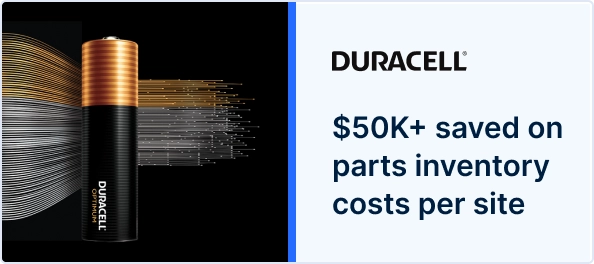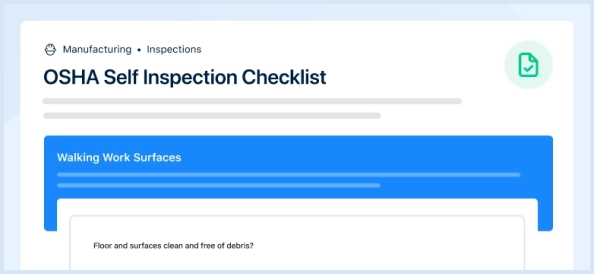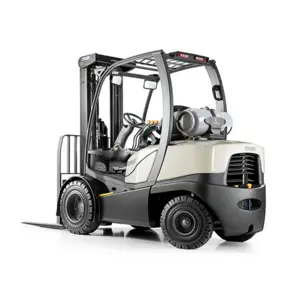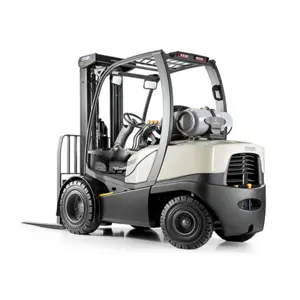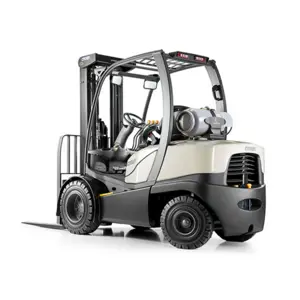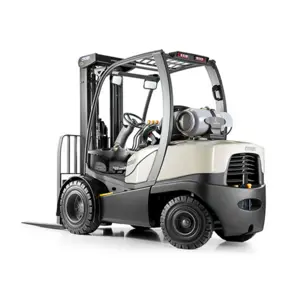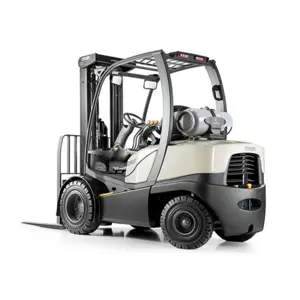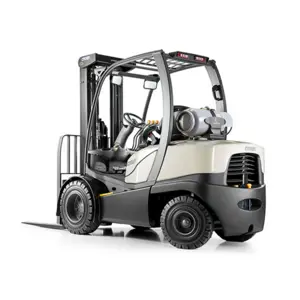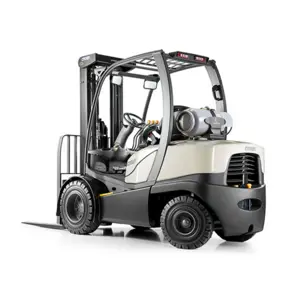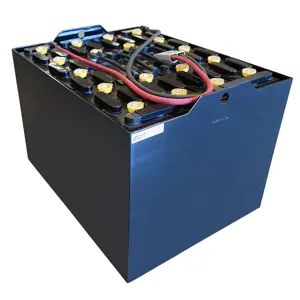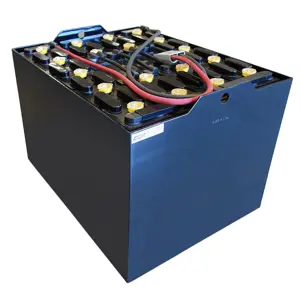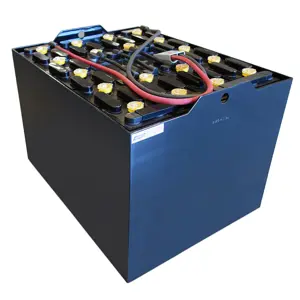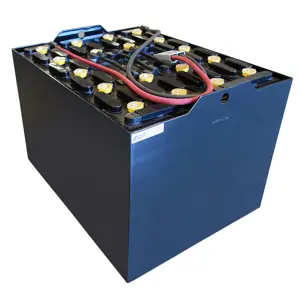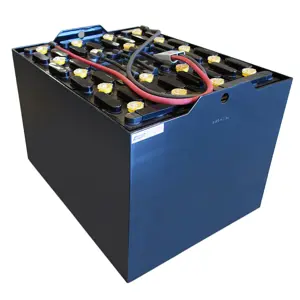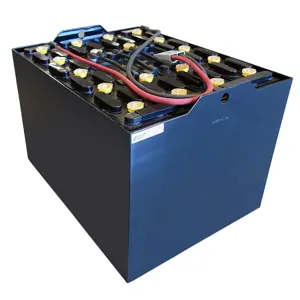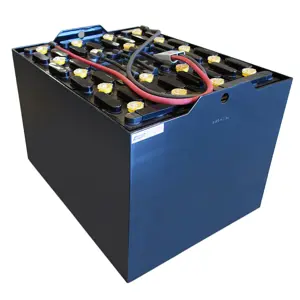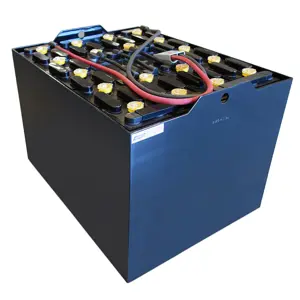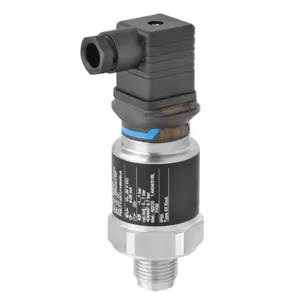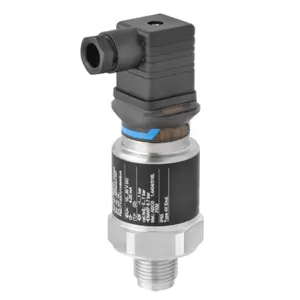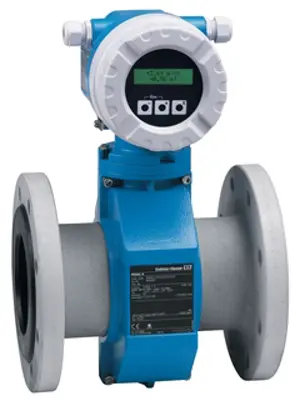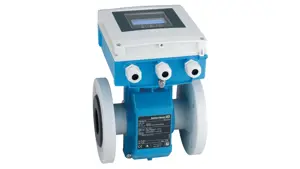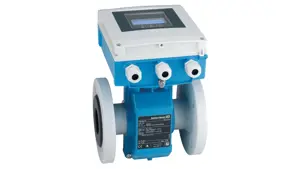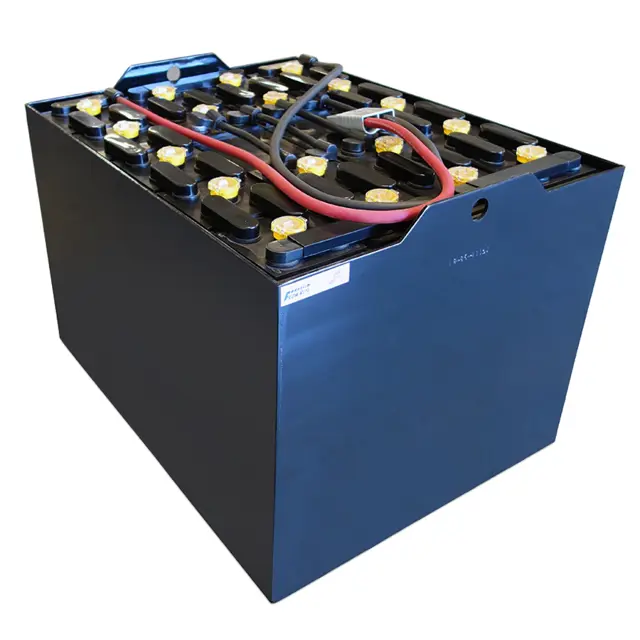

The Crown Battery 12-85-13 is a high-performance lead-acid battery designed for industrial applications. Known for its reliability and durability, this model provides excellent power output and longevity, making it a preferred choice for various heavy-duty operations. Optimize your equipment's performance with Crown's trusted battery technology.
Turn manuals into instant answers
with your AI-powered assistantTurn manuals into instant answers
with your AI-powered assistant
Manual for Crown Battery 12-85-13
Complete asset maintenance, one click away
Get instant access to all the maintenance information you need. Empower technicians to perform preventive maintenance with asset packages, ready to use right out of the box.
Documents & Manuals
Find all the essential guides in one place.
Tensioning Guide
Belt-diagram
C-120 pulleys
+ 13 more
Work Order Templates
Pre-built workflows to keep your asset running smoothly.
Daily Electrical System Inspection
Replace Roller and Pulley
Install Engine B-120
+ 29 more
Procedures
Integrate maintenance plans directly into your work orders.
Motion Industries
Applied Industrial Technologies
Electrical Brothers
+ 5 more
Parts
Access the parts list for your equipment in MaintainX.
Drive Motor
B2 Rollers
Tensioning System
+ 40 more

Crown Battery 12-85-13
Create an account to install this asset package.
Maintenance Plans for Crown Battery Model 12-85-13
Integrate maintenance plans directly into your work orders in MaintainX.
Battery Maintenance
- Properly charge battery
- Add water as needed
- Clean as required
Effective Battery Maintenance:
As is true with any piece of industrial equipment, proper maintenance not only keeps it operating to its design specifications, but also helps prolong the equipments life. The following effective battery maintenance tips can help achieve the best performance out of your industrial battery
1. Maintain the proper electrolyte level. Avoid overfilling
2. Charge properly, check charger controls and instruments periodically. Calibrate meters as needed
3. Repair any damage promptly. Minor damage, if not repaired in a timely manner, can lead to major damage
4. Don't overcharge, many batteries deliver short service life from too much charge
1 Daily Battery Water Replacement
Warning: This procedure requires trained personnel with PPE!
Tray Corrosion
Check for any breaks in the coating of the steel tray
Check for any accumulation of dampness or acid on the battery
Watering Schedule
Check the electrolyte level of two or three cells each time the battery is changed
Add water to all of the batteries assigned to each charging area on a regular time schedule
Spot check the electrolyte levels periodically to determine if the proper levels are being maintained
Frequency of charge
2 Monthly Battery Maintenance
Equalizing Charge: Each cell of a battery has slight differences in uniformity of construction and content. These differences cause some cells to take less charge than the other cells in the battery. After a while the state of charge of the cells, which require more charge than the others will drift back in capacity and the battery will not deliver its full capacity.
To bring the cells with a lower state of charge up to the same level as the others, the battery is given an 'equalizing charge'. The cells with a higher state of charge will be somewhat overcharged in order to bring the cells with a below normal state of charge up to full charge.
The recommended frequency of equalization is dependent upon how often the batteries are cycled and the depth of the cycles. The frequency of equalization can dramatically affect the operational costs of the vehicle.
Unnecessary equalizing charges, in addition to consuming electricity, can result in significant loss of battery life caused by overcharge.
Select the battery operation type
Battery equalized successfully?
Sign off on the battery maintenance
Battery Capacity Test
- A capacity test enables you to determine the capacity a battery actually delivers as compared to its rated capacity. This test can help determine if a battery should be repaired or replaced. When a battery delivers less than 80% of its rated capacity, the remaining capacity will decrease with each additional cycle
- It should be replaced before its cells fail and cause low-voltage operation of the vehicle, which can cause damage to the trucks electrical system
- A capacity test is performed by discharging a fully charged battery at a fixed rate (see chart on page 30) while monitoring specific test conditions, methods and procedures
- The six-hour rated discharge time is based on an electrolyte temperature of 77°F (25°C). Any deviation to that temperature, a correction to the six-hour rated time must be made
PROCEDURES FOR CAPACITY DISCHARGING:
1) Battery must be fully charged.
2) Specific gravities must be at manufacturers specifications, otherwise they must be adjusted accordingly.
3) Battery should be allowed to cool down prior to testing. Ideally, the temperature should be 75°F to 85°F. Otherwise the voltages will be affected by the temperature and the capacity must be temperature corrected.
4) Battery should be discharged within 24 hours of completion of charging and acid adjustment.
4 Yearly Battery Replacement
Warning: Battery replacement should be done by trained personnel only!
Old battery removed successfully?
New battery installed successfully?
Enter the number of charge cycles of the new battery
Enter the model of the new battery
Sign off on the battery replacement
Unlock efficiency
with MaintainX CoPilot
MaintainX CoPilot is your expert colleague, on call 24/7, helping your team find the answers they need to keep equipment running.
Reduce Unplanned Downtime
Ensure your team follows consistent procedures to minimize equipment failures and costly delays.
Maximize Asset Availability
Keep your assets running longer and more reliably, with standardized maintenance workflows from OEM manuals.
Lower Maintenance Costs
Turn any technician into an expert to streamline operations, maintain more assets, and reduce overall costs.
Thousands of companies manage their assets with MaintainX
















